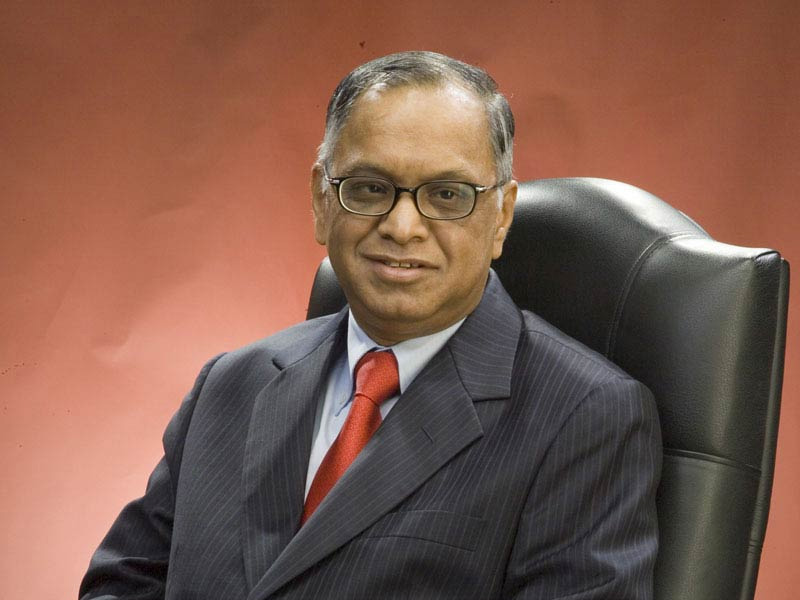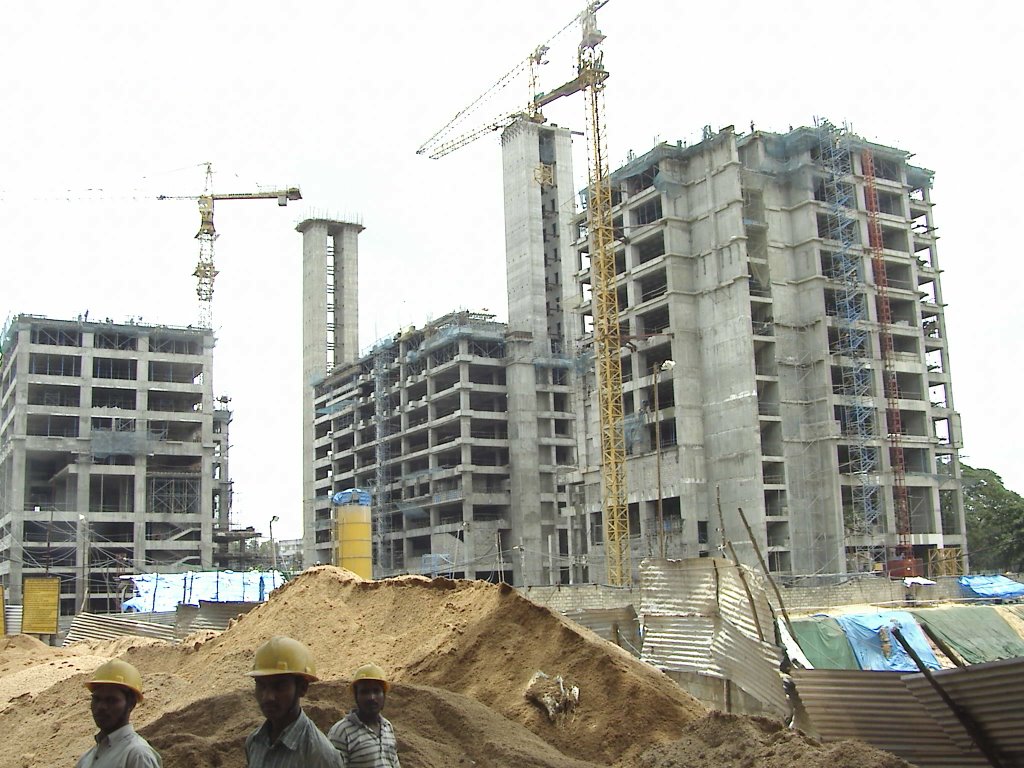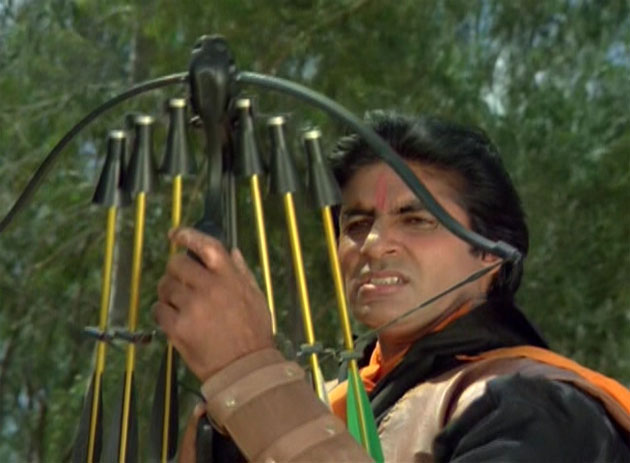
This is that time of the year when various examination results get published. And I happen to be in Delhi, where my parents and a bulk of my relatives live. So, I have been listening to a few interesting stories around examination results.
More than the individuals writing the exams, it is interesting to see how their parents react, once the results are out. If a child does well, it is always because of his hard work and the adjustment his or her parents had to make in order to ensure that he or she could totally concentrate on studies.
If a child doesn’t do well, then it is almost always because circumstances beyond their control. Excuses start to spring up. Here are a few that I have heard over the years: He or she wasn’t keeping well through the period of the examination; there was a power cut the night before the Maths exam and he couldn’t do well; the invigilator took away his paper five minutes before the time got over (this seems to be a favourite with parents).
As Robert H. Frank writes in Success and Luck—Good Fortune and the Myth of Meritocracy: “[A] disconnect between evidence and belief is people’s tendency to underestimate good fortune’s role in success, while being too quick to embrace bad luck as an explanation of failure… People want to feel good about themselves, and they’re more likely to enjoy the warm glow of a positive self-image if they think of themselves as highly competent and attribute their failures to events beyond their control.”
But the point is that luck plays a role both ways—in success as well as failure in exams, even though we like to bring only bad luck into the picture. Let me share a few personal examples here even though it has been a long time since I wrote an exam.
When I was doing my MBA, there were two papers, Macroeconomics and Microeconomics, which were deemed to be the toughest of the lot. As luck would have it, I never got around to studying either of the subjects but passed both of them.
How did that happen? Before the Microeconomics exam, a friend took pity and taught me one chapter 30 minutes before the exam. A bulk of the questions came from that chapter. I scored all of them correctly and got more than the required 50 per cent. Hence, luck played a huge role there.
Luck, in the form of bad luck, also played a huge role for many of my friends who had studied everything else but missed out on that particular chapter.
When it came to macroeconomics, due to some organisational hassles, there was a holiday of four days before the exams. And that was enough for me to read large sections of the prescribed text book and pass the exam. Without the holidays, there was no way I could have passed the exam by just studying overnight.
These were two examples from my end. But all of us have such lucky streaks when we write exams over a long period of time from our childhood till our early twenties.
The issue is how should parents approach this. Should they tell their children about the role of luck? Or should they keep harping on the benefits of hard work? Or should they take the middle path, and tell their children that while hard work is important, luck has a huge role to play as well? And if they do this, will the children be able to understand this?
As Frank writes: “Parents who teach their children that luck doesn’t matter may for that every reason be more than likely to raise successful children than parents who tell their children the truth. When the going gets tough, as it inevitably does along almost every career path, someone who’s keenly sensitive to luck’s importance may be more tempted just to sit back and see what happens.” And no parent would want that to happen.
The column was originally published in the Bangalore Mirror/Mumbai Mirror/Pune Mirror on June 21, 2017.



